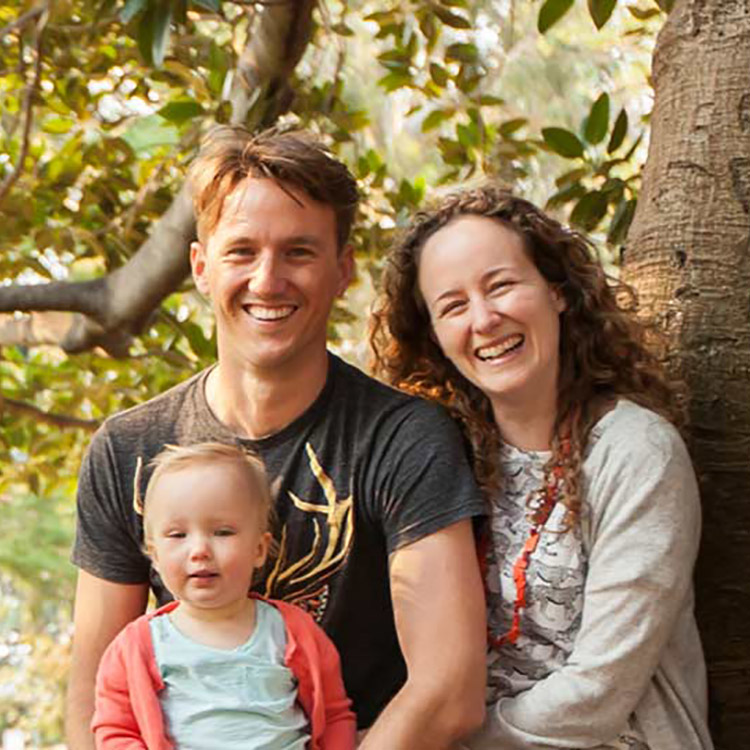Search

News & Events
The Kids Research Institute Australia researchers share in State Government science grantsFour The Kids Research Institute Australia researchers are among those who have received funding in the WA State Government's Merit Award Program announced today.

News & Events
Twins talk half as much at twoA world first study of language development in toddler twins confirms the widely held belief that twins start to talk later than single-born children.

News & Events
Language Study Reveals Need for Long Term MonitoringA new study looking at the receptive language development of young children has highlighted the need to monitor kids over time to ensure they don't fall behind.

News & Events
How learning to talk is in the genesResearchers from Perth's The Kids Research Institute Australia have been part of an international study that has found that genetic factors contribute to the development of l
News & Events
New clues into language developmentA world-first study from The Kids for Child Health Research has identified risk factors for receptive language development in Australian children.
News & Events
New study links testosterone levels in the womb and language problemsNew study links testosterone levels in the womb and language problems
News & Events
Most late-talking toddlers turn out okThe study is the first of its kind to track language delay from two years of age through to late adolescence, using data collected from the long running Raine
News & Events
Children’s language not affected by stress in pregnancyfindings from the Telethon Institute for Child Health Research that show relatively common stressful events during pregnancy do not have a long term impact
News & Events
Start early to boost Indigenous student servicesChild health expert Fiona Stanley says effective action to break the cycle of disadvantage for Aboriginal children must begin well before they start school.
News & Events
Late talking toddlers: new research debunks the mythsNew research findings from the world's largest study predicting children's late language emergence has revealed that parents are not to blame for late talking
